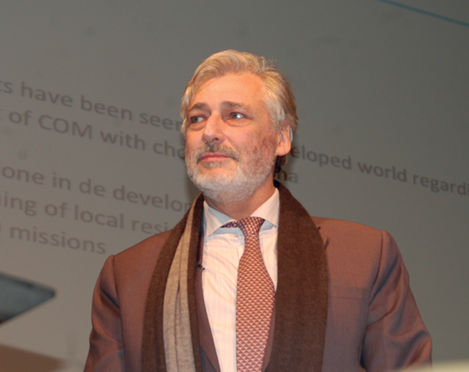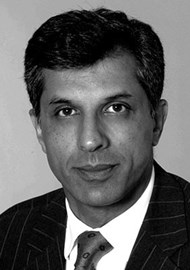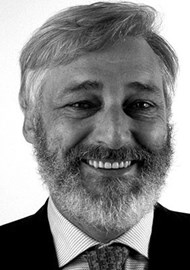The countdown to BACO 2015 continues
Scientific Programme Planner, Professor Shak Saeed, catches up with Keynote Speaker, Professor Erwin Offeciers, who talks about the vital balance between evidence-based medicine and experience-based knowledge. We hear he unwinds by playing piano and likes reading so he can virtually experience the alternative lives he might have led!
What inspired you to become a doctor and eventually an ENT surgeon?
As a young man I knew that I was more interested in people than in things. I still am. I also had a strong sense of independence. So medicine seemed not a bad choice.
Can you tell us about your early medical training?
During my fifth year at medical school Jean Marquet offered me a ENT training position after graduating. I wavered, so he told me to come over to watch him perform surgery. The stapes case he did hooked me completely, and I never looked back.
Did any one particular person significantly influence your career and professional development?
Although a great many people contributed to my development, five persons have been very influential in my career. First and foremost there was my ENT teacher, the late Jean Marquet. He was a fantastic ear surgeon, a great doctor devoted to his patients, and a skilled networker committed to his colleagues and the world of ENT. A wise and friendly man, he was a joy to work with for 14 years before his untimely death at the age of 63. He taught me how to become a good ‘ear doctor’.
Stef Peeters, electronics engineer by training, with whom I collaborated on our LAURA Cochlear Implant Programme in Antwerp for many years, taught me that seemingly impossible things can be accomplished if you put your head and heart to it.
The third is Jan Casselman, neuroradiologist in Bruges. Since the 90s we have collaborated on many aspects of imaging of the auditory system. He widened my diagnostic horizon of otology. His contribution to this field can’t be overrated.
Jacques Kinsbergen is the quintessential visionary entrepreneur. I have worked with him for many years now to create a novel approach to hearing support, using over-the-counter available cheap technology to use as high end audio support systems, thus narrowing the gap between industrialised countries and developing countries (Jacoti.com).
The fifth person is Cor Cremers, the Dutch otologist. Together we have set up a temporal bone training programme for the Dutch and Flemish ENT trainees and created a scientific exchange platform for otology in the Low Countries. He showed me that friendship knows no borders. All five have some defining characteristics in common: untiring workers, perfectionists in their daily work, sharing rather than taking, keeping an open mind for new developments, with a clear vision of the future and the will to create it. I deeply admire them. They became friends.
How do you relax after a difficult case and/or a stressful week?
I unwind by playing the piano. Focusing on Bach’s keyboard scores, their beauty and perfection get hold of me, and wash away the less pleasant aspects of daily life. Before turning in, I read. Each new book offers new knowledge, or the prospect of virtually experiencing the alternative lives I have chosen by practical necessity not to lead.
What are your thoughts about the future of ENT over the next decade?
Technology will certainly play a major role in the otology of the future. It will help to make the high end of medical care, now pretty much confined to the rich part of our world, available to the less affluent part of our planet. It is clear that the number of trained otologic surgeons worldwide is inadequate to cover the surgical needs of chronic ear pathology, especially in developing countries. Improvement in the standard of living as well as prevention and education programmes will have a major impact. Image guided robot surgery, though still in its infancy, also seems promising. The combination of genetics, cell biology and nano-technology will open new possibilities for management. But to make this possible on a global scale, above all we need peace and mutual respect in our world.
What areas of research really excite you?
Research that leads to a better understanding of how the brain works. All the rest is peripheral to that.
What topic will you choose for your keynote lecture and why?
I will speak on the vital balance between evidence based medicine and experience based knowledge, illustrating this with examples from my career. Both are necessary in order to make the best decisions for our patients. The metaphor I often use to explain this balance is a nautical one. To bring a big ship safely into harbour, tug boats are needed in front and in the rear. Those in front make the ship move forward (experience based decision making). Those in the rear prevent the ship to move in the wrong direction and cause havoc (evidence based decision making).






